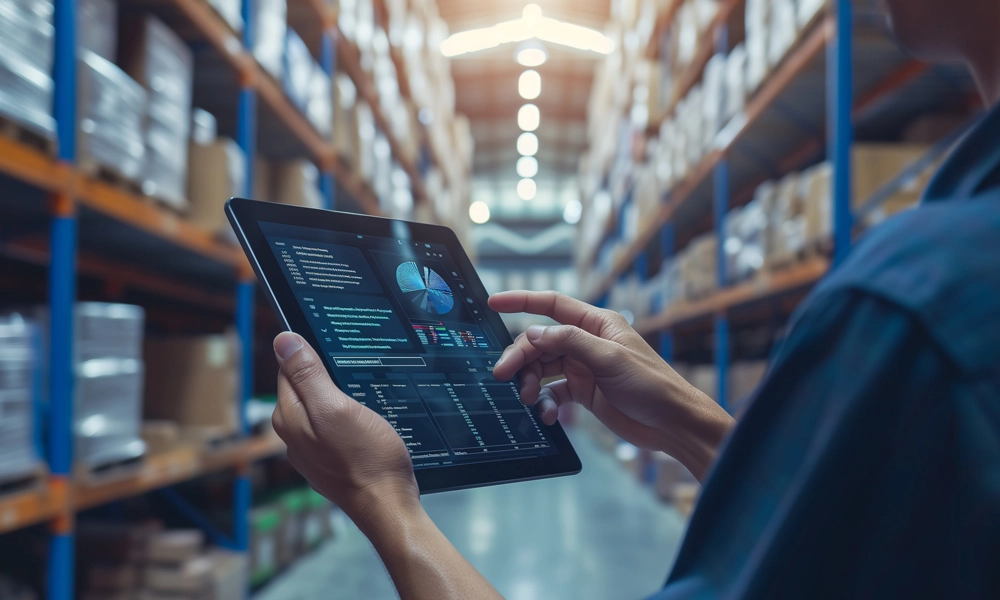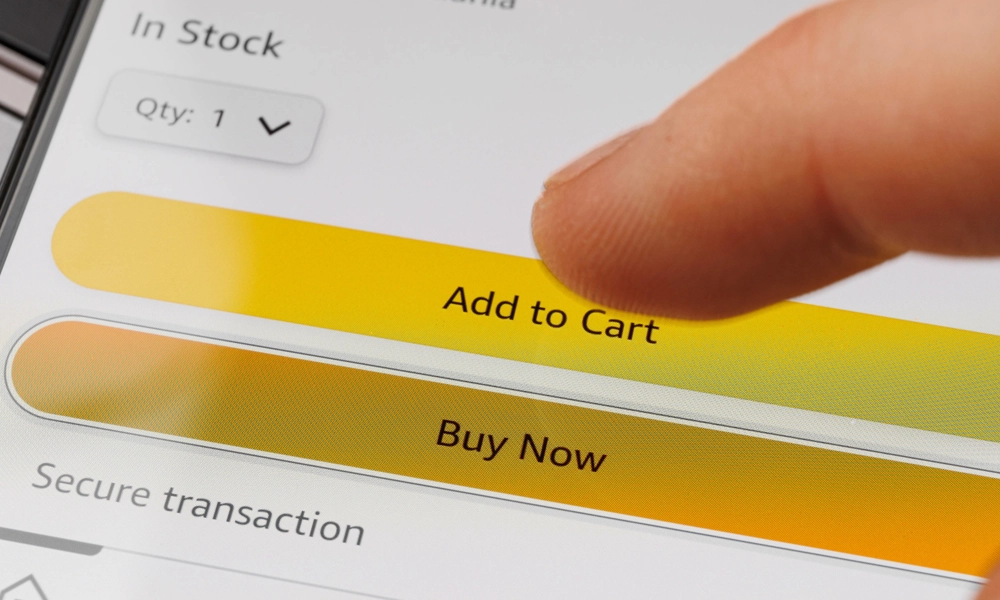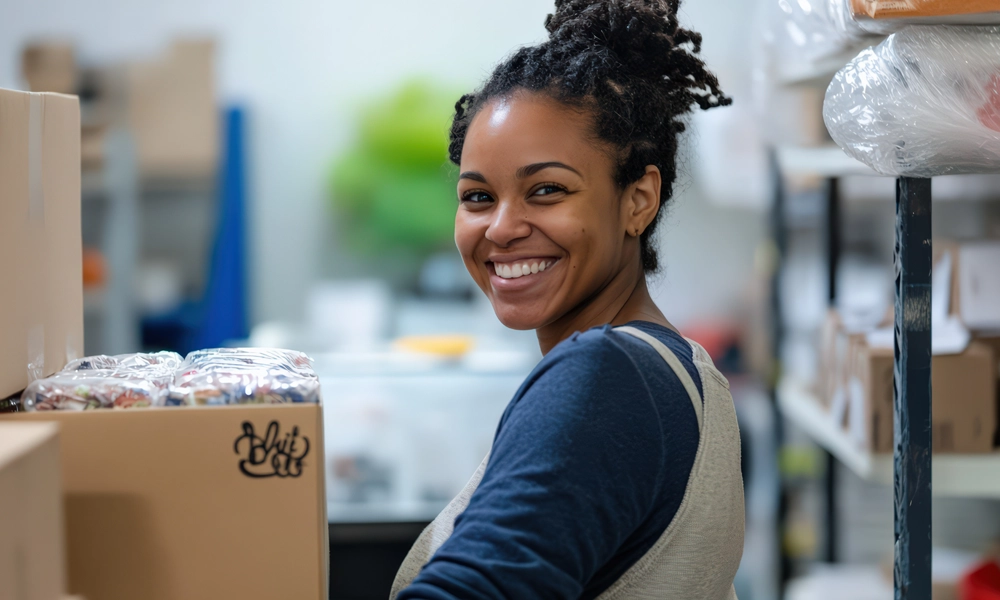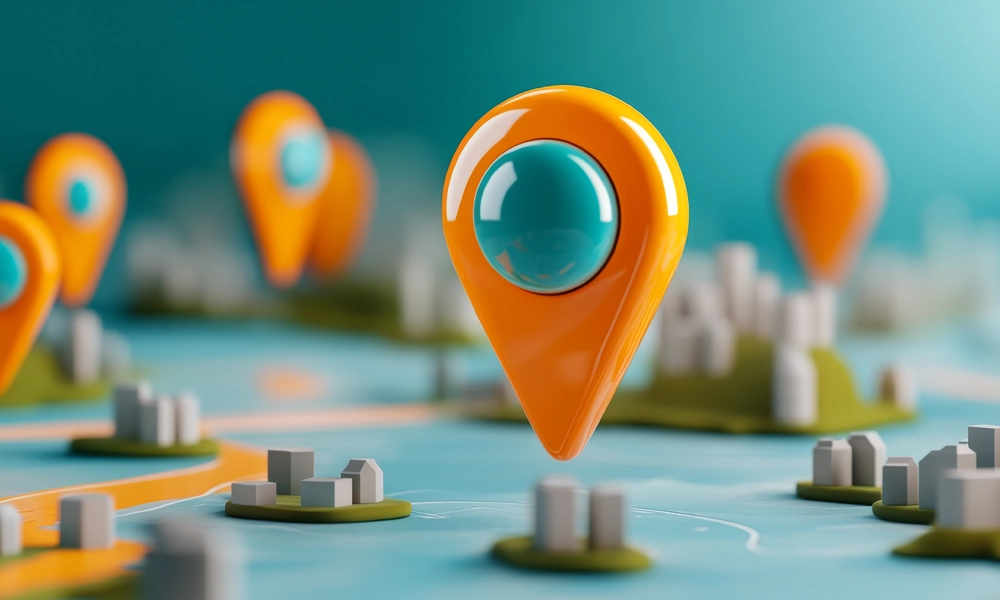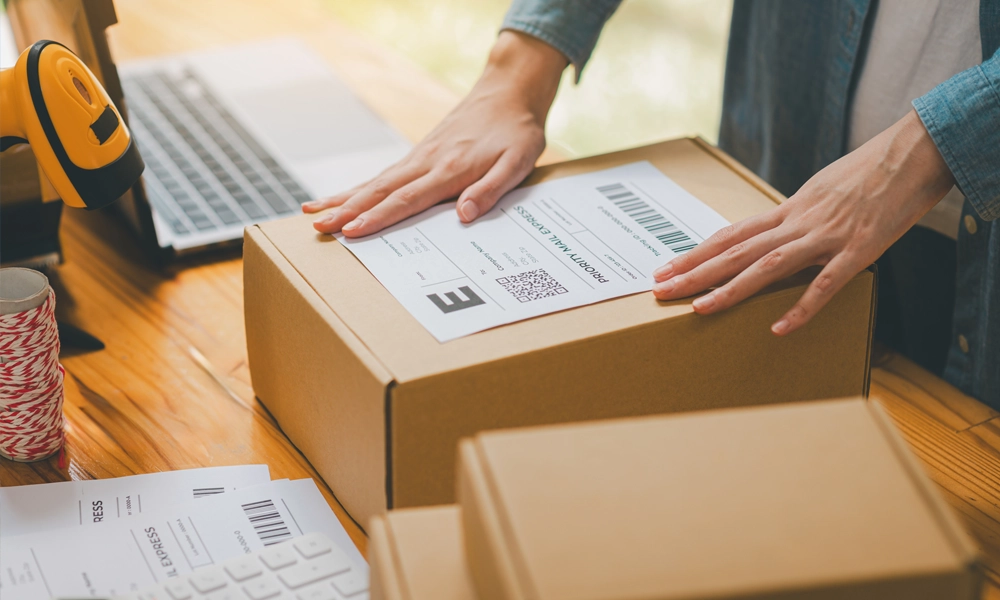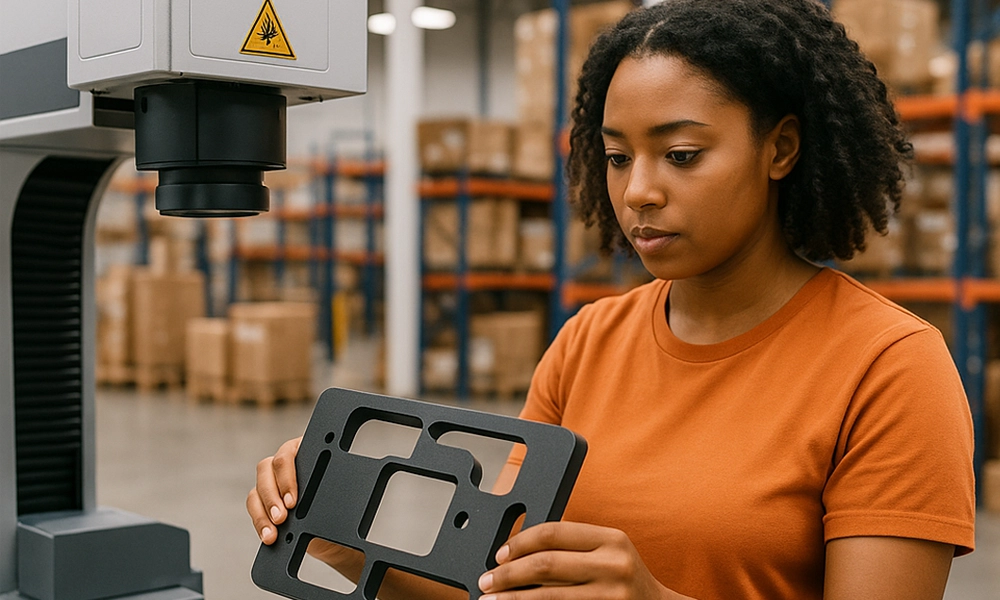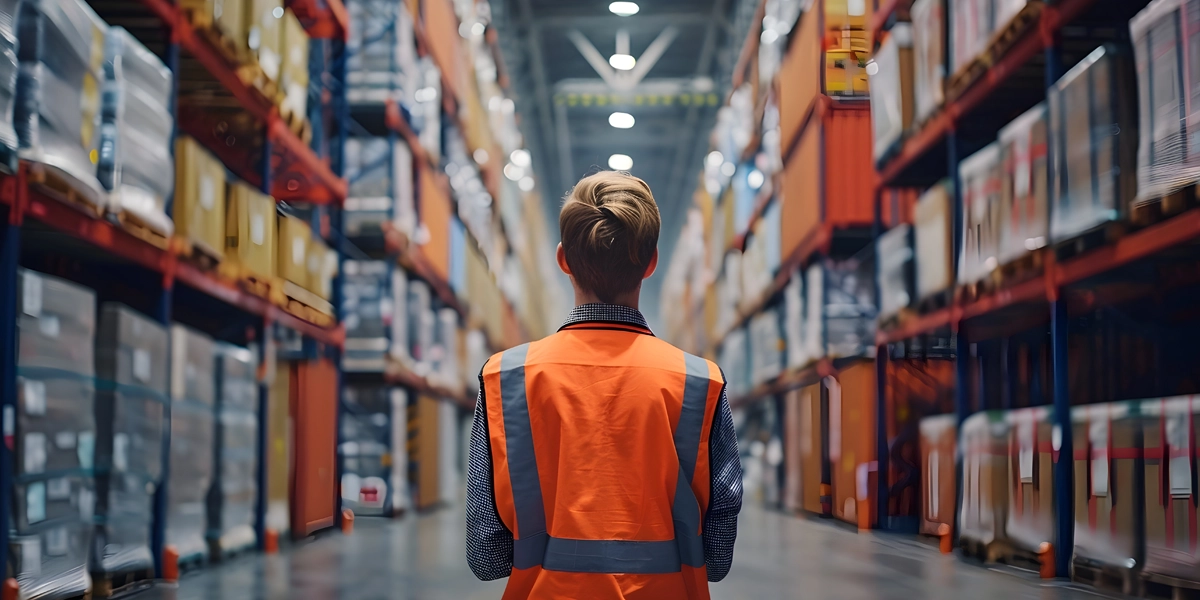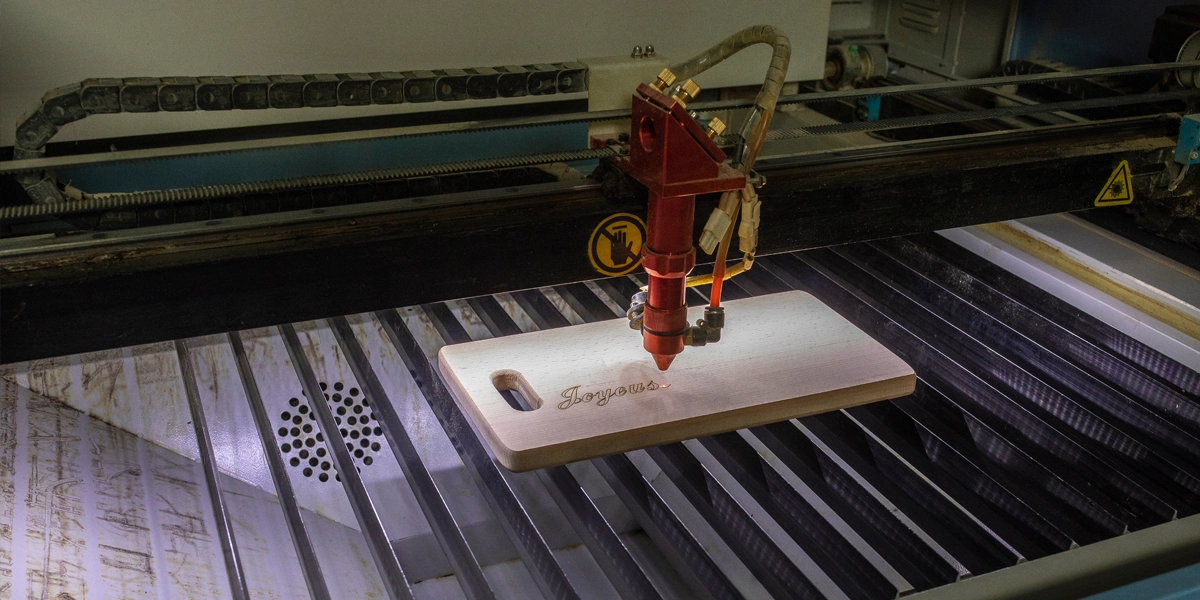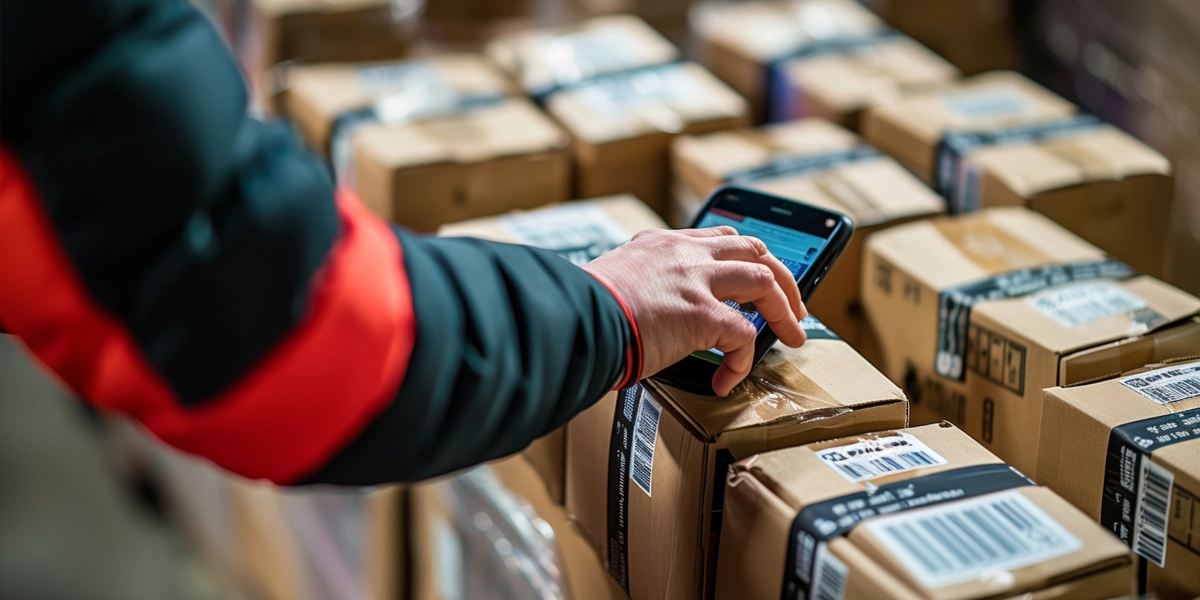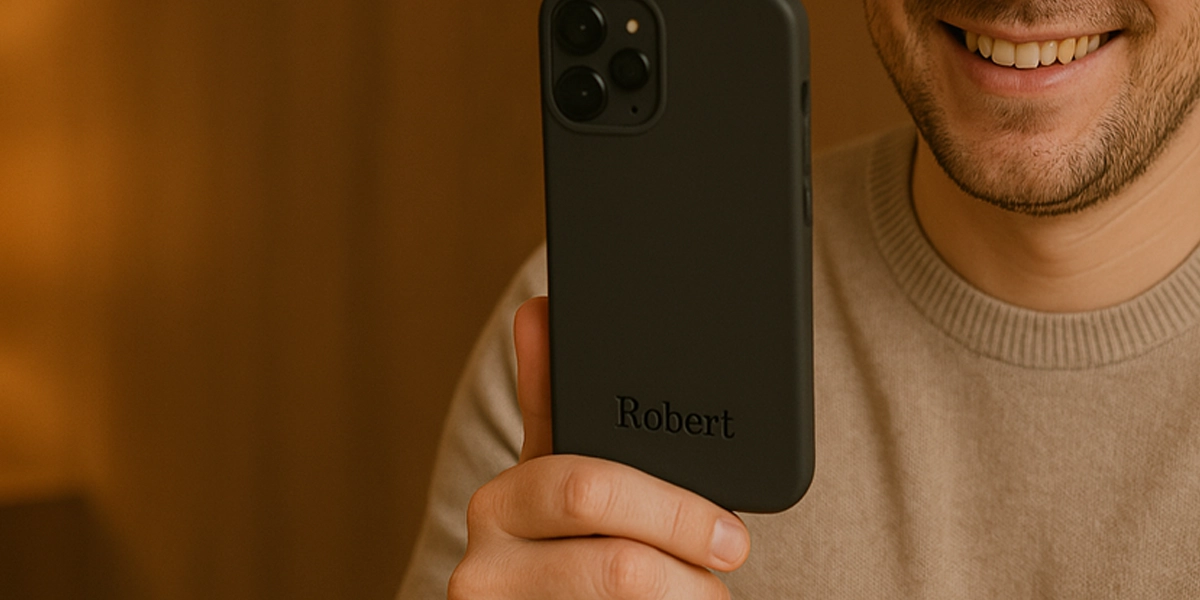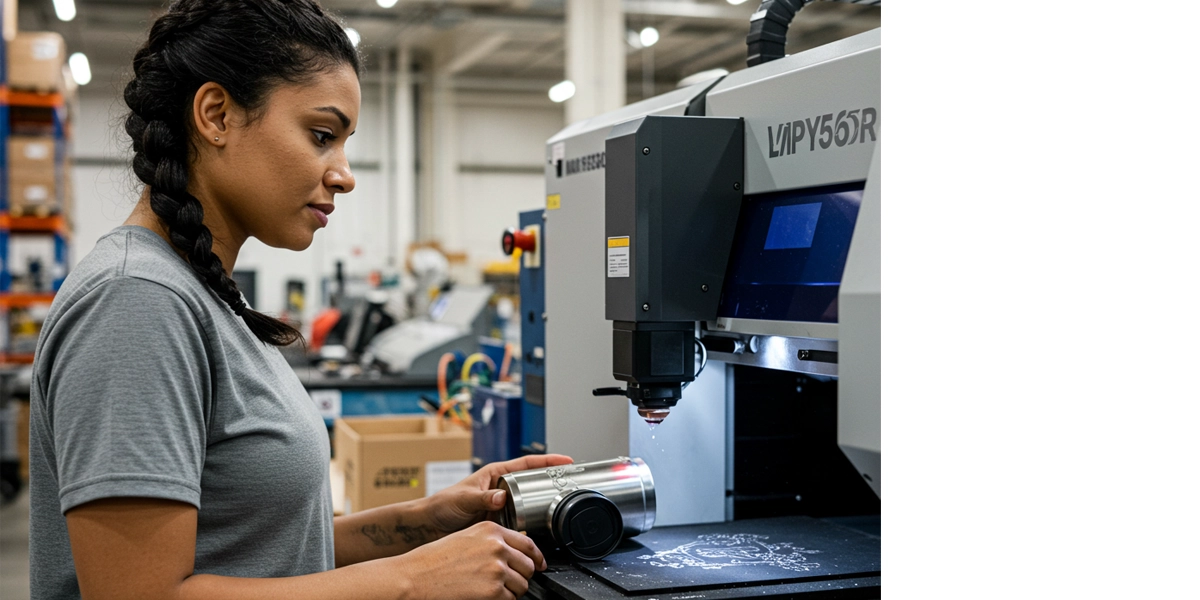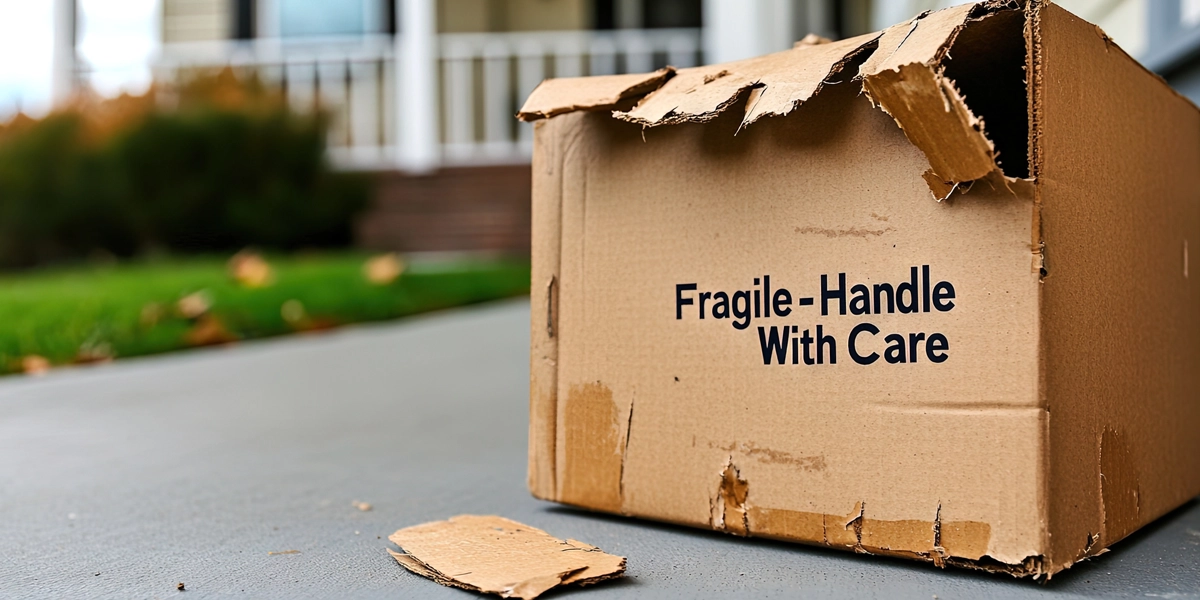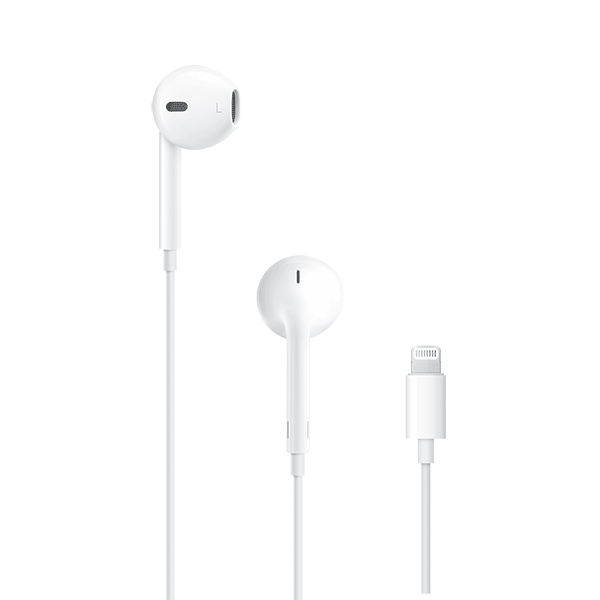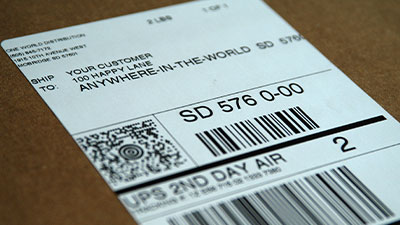In This Article:
Personalized fulfillment has become a crucial strategy for increasing customer loyalty and driving sales growth. We’re not talking about customer segmentation or personalized offers. Personalized-to-Consumer (P2C) fulfillment is an exclusive One World Direct offering that gives ecommerce brands a new money-making opportunity. Use our free plugin and offer seamless product personalization to elevate your product line with custom engravings, embroidery, direct-to-object printing, custom packaging, and personalized greeting cards.
Benefits of Personalization in Fulfillment:
- Increases Customer Loyalty and Lifetime Value: 77% of consumers have chosen, recommended, or paid more for a brand that provides product personalization.
- Boosts Sales and Average Order Value (AOV): Offering personalized products encourages customers to spend more. Consumers are willing to pay, on average, a 25% premium for personalized or customized items.
- Reduces Return Rates and Increases Satisfaction: Personalized products have a 40% lower return rate since customers are actively involved in the customization process. When expectations align with the final product, satisfaction increases, reducing costly returns and improving brand perception.
- Enhances Brand Differentiation and Competitive Advantage: Personalization sets brands apart by offering unique, high-value experiences. Custom packaging, embroidered logos, and personalized messaging make products feel exclusive, creating a strong brand identity that competitors struggle to replicate.
- Drives Organic Marketing and Social Sharing: Customers are more likely to share personalized purchases on social media, generating organic word-of-mouth marketing. 50% of consumers say they would refer a brand after a personalized shopping experience, helping businesses gain new customers with minimal acquisition costs.
This article explores 10 key ways personalization in fulfillment can significantly increase customer loyalty and sales. Drawing from One World Direct’s expertise as a leader in personalized-to-consumer (P2C) fulfillment services, we’ll share examples and insights that show how powerful customization can be in ecommerce.
1. Enhanced Customer Experience Leads to Repeat Purchases
Personalization transforms a standard transaction into a memorable unboxing experience. Customer satisfaction is the cornerstone of loyalty, and personalization is a powerful tool in achieving it.
76%
of customers are more likely to purchase from a website that personalizes.
Brands harnessing personalized elements such as customized packaging or handwritten notes make lasting impressions which can translate to repeat business, personal recommendations, or positive online reviews. Consider how a simple handwritten thank you note tucked inside an order can elevate the customer’s perception of your brand. This small gesture can make your customers feel special and appreciated, driving them back for future purchases.
Real-Life Success Stories
- Coca-Cola’s “Share a Coke” campaign: By replacing its iconic logo with popular names, Coca-Cola provided customers with personalized connections to their products, boosting engagement and repeat buys. More than 150 million personalized bottles were sold globally, making it one of Coca-Cola’s most successful marketing efforts.
- Birchbox’s tailored packaging: Each delivery feels unique, and customized packaging resonates with individual subscriber preferences, encouraging continued subscription renewals. In 2023, Birchbox’s revenue was $181 million, with an active, loyal subscription base.
Creating these personal touches in your fulfillment process not only enhances the customer experience but also cements long-term loyalty by building deeper connections with your clientele.
2. Higher Perceived Value Justifies Premium Pricing
Personalization significantly boosts the perceived value of products, encouraging customers to pay a premium. When consumers can tailor products specifically for them, they will pay more. Statistics reveal consumers are willing to spend up to 25% more on personalized products—this customization creates a sense of ownership and personal connection, making the purchase feel more meaningful.
Custom Packaging Creates Luxury and Exclusivity
Custom packaging plays a pivotal role in this dynamic by creating an aura of luxury and exclusivity. Brands that leverage personalized packaging elevate their image and justify higher price points through a premium unboxing experience.
OWD enables businesses to transform standard products into exclusive offerings, positioning them as high-value items in the eyes of consumers. The strategic use of personalization thus becomes a powerful tool for driving profitability and differentiating in competitive markets. 74% of Gen Zers are interested in personalized products (vs. 67% of Millennials, 61% of Gen Xers, and 57% of Baby Boomers), so start capitalizing on product personalization.
3. Reduces Return Rates by Aligning with Customer Expectations
Impact of Personalization on Return Rates
Reverse logistics is one of the biggest expenses for ecommerce brands, so finding ways to reduce return rates is crucial to profitability. Personalization reduces return rates by aligning products with customers’ specific desires and preferences. Tailored offerings ensure that what consumers receive matches their expectations, thereby minimizing the likelihood of returns. According to industry statistics, a staggering 30% of all online products are returned compared to 8.89% in brick-and-mortar stores. Personalized products have a much lower chance of being returned while increasing buyer satisfaction.
Strategies for Product Alignment
To effectively align products with customer expectations, consider implementing these strategies:
- Personalized Recommendations: Use data analytics to offer product suggestions based on previous purchases or browsing history. This method increases the chances that customers will be satisfied with their selections.
- Pre-Purchase Consultations: Engage customers before they purchase consultations that help refine their choices to meet their needs better. Working with an ecommerce call center to handle customer service can be a huge asset.
These approaches enhance the shopping experience and build trust, as customers feel understood and valued. With reduced return rates, businesses can improve profitability and reinforce customer loyalty.
Focusing on personalization creates a win-win scenario where customer satisfaction leads to fewer returns and higher loyalty, setting the stage for sustained growth.
4. Increases Brand Loyalty Through Tailored Experiences
Personalization significantly boosts brand loyalty and advocacy. By offering tailored experiences and product personalization, businesses can elevate customer engagement and create deeper brand connections. Personalization becomes a key strategy to increase revenue since it’s easier to convert returning customers rather than new ones.
1. Personalized Products
 Nike By You empowers customers to design their own sneakers, selecting colors, materials, and even adding personal details. This level of customization transforms a standard purchase into a unique, self-expressive experience. By giving shoppers creative control, Nike enhances user satisfaction and fosters long-term brand loyalty.
Nike By You empowers customers to design their own sneakers, selecting colors, materials, and even adding personal details. This level of customization transforms a standard purchase into a unique, self-expressive experience. By giving shoppers creative control, Nike enhances user satisfaction and fosters long-term brand loyalty.
2. Unique Branding Initiatives
Coca-Cola’s personalized Coke cans serve as an excellent example of how brands can leverage personalization to increase customer attachment. By allowing consumers to see their names on products, Coca-Cola’s Share a Coke campaign generated 1.5 billion personalized bottles and over 100 million social media interactions.
These strategies highlight the importance of tailoring experiences to individual preferences, which not only meets but often exceeds customer expectations. By implementing personalized-to-consumer (P2C) fulfillment options, businesses can replicate these successes, transforming occasional buyers into loyal advocates who drive sustained growth.
This focus on personalized engagement is crucial for establishing long-term relationships that are resistant to competitive pressures. Embracing personalization as a core component of your fulfillment strategy ensures that your brand remains relevant and engaged by its audience.
5. Using Technology for Effective Personalization in Fulfillment Solutions
Technology integrations in ecommerce fulfillment are essential for providing smooth, efficient, and tailored fulfillment solutions that meet the needs of both brands and consumers. With advanced technology, businesses can analyze data in real-time and offer personalized products, making each customer interaction feel special and customized.
Key Technological Advancements in Product Fulfillment Solutions
Technology systems and platforms ensure customization details are accurately captured, processed, and executed throughout the fulfillment process so shoppers receive personalized products without hassle. Here are key technologies that enhance product personalization in fulfillment:
- Seamless P2C Integration: Ensuring your ecommerce platform integrates smoothly with P2C software is critical. Reliable plug-ins that transfer customization details directly from the shopping cart to fulfillment systems prevent errors and ensure personalized orders are produced exactly as intended.
- Automated Personalization Systems: Automation tools designed specifically for personalized products can streamline tasks such as engraving, embroidery, or custom printing. These systems reduce manual steps, improve precision, and ensure faster order processing.
- Dynamic SKU Management: Personalized products often require unique SKUs that reflect customization details. Advanced fulfillment systems can automatically generate and manage dynamic SKUs to ensure inventory tracking and order accuracy.
- Real-Time Data Transfer: Immediate data synchronization between the ecommerce platform and fulfillment system ensures personalized orders are processed without delay. This prevents errors like missing monogram details, incorrect sizing, or forgotten custom color selections.
- Intelligent Order Routing: Smart routing systems can direct personalized orders to the appropriate fulfillment center or specialized equipment, ensuring complex customizations are handled by the right resources efficiently.
Benefits of Technology Integration in Fulfillment Solutions
Incorporating personalization technology improves operational efficiency and strengthens customer loyalty by consistently meeting or exceeding consumer expectations. Here are some benefits of technology integration in fulfillment solutions:
- Enhanced Speed: Automation and real-time data processing enable faster order processing and delivery times.
- Increased Accuracy: Automated systems reduce human errors in inventory management and order fulfillment.
- Tailored Experiences: Real-time data analysis allows businesses to understand customer preferences better and offer personalized product recommendations.
- Streamlined Operations: Integration capabilities ensure smooth coordination between different systems involved in the fulfillment and product personalization processes.
6. Omnichannel Fulfillment Strategies Enhance Shopping Experience Through Personalization Across Touchpoints
Omnichannel fulfillment strategies for ecommerce businesses integrate various online and offline touchpoints to deliver a seamless shopping experience. By leveraging personalization at every stage of the customer journey, brands can create a cohesive and engaging interaction that meets modern consumer expectations.
Key Components of Omnichannel Fulfillment:
- Consistent Branding: Ensures uniformity across all channels, reinforcing brand identity and trust.
- Integrated Systems: Synchronizes inventory, order management, and customer data to provide accurate and timely information.
- Personalized Interactions: Tailors messaging, offers, and recommendations based on customer behavior across platforms.
Example: Consider a retail brand offering in-store pickups for online orders. By sending personalized notifications about new arrivals or tailored promotions when a customer is near a physical location, the brand creates a compelling reason for them to engage further.
Omnichannel strategies not only enhance customer satisfaction but also increase opportunities for upselling and cross-selling through personalized suggestions, ultimately driving sales and loyalty.
7. Retention through Personalized Loyalty Programs
Loyalty programs give businesses an edge by keeping customers coming back and encouraging them to make more purchases. The secret to success in these programs is personalization. Big retailers like Target have effectively used personalized loyalty strategies to engage customers, customize rewards, and ultimately increase the amount spent per transaction.
Target's Approach
Using data analysis, Target creates personalized offers that resonate with individual customer preferences, enhancing their shopping experience and encouraging brand loyalty.
Target’s Personalization team (PRZ) is responsible for creating personalized experiences for Target’s guests across various channels, including the website, mobile app, and in-store. In 2022, PRZ generated more than four billion dollars in attributable demand and served 169 billion recommendations to guests.
Benefits for Ecommerce Businesses
- Tailored rewards increase relevancy and engagement.
- Personalized experiences enhance customer satisfaction.
- Data-driven insights enable precise targeting and segmentation.
By implementing such loyalty programs, ecommerce businesses can not only keep their current customers but also turn them into brand advocates, leading to significant sales growth and long-term profitability.
8. Opportunities for Upselling with Customization Options
Integrating customization options into your ecommerce strategy can significantly elevate upselling opportunities, enhancing customer satisfaction and profitability. Personalization allows you to offer unique, tailored products that cater specifically to your customers’ preferences, resulting in higher average order values.
Key Benefits:
- Increased Average Order Value (AOV): Customers are often willing to pay a premium for products that reflect their personal tastes or needs. Offering custom features such as monograms, unique messages, or personalized images can encourage customers to spend more per transaction. Forrester and Gartner’s study showed that personalized product recommendations can increase revenue by up to 300% and conversion rate by 150%.
- Enhanced Profit Margins: Customers will pay more for personalized products and they create a premium status for any product. This perception allows brands to justify higher price points, thus improving profit margins.
Successful brands leverage these upselling strategies in ecommerce by incorporating personalization at various touchpoints.
Turn Fulfillment into a New Profit Center with OWD
OWD integrates product personalization (P2C) into the fulfillment process for its clients. We create tailored website plug-ins that offer personalization options as part of the ecommerce experience and then carry out the personalization in OWD warehouses.
Current options include laser engraving, embroidering, direct-to-object printing, and customized greeting cards. The range of materials OWD can work with extends from paper, wood, glass and plastics to fabrics, leather, rubber, metal, and beyond.
To learn more about OWD’s product personalization and how it can help your brand achieve greater success, schedule a consultation with one of our personalization experts.
In This Article:
Subscribe to our Newsletter
Tincidunt urna mauris eu quam vulputate lobortis sit. Purus feugiat arcu nunc quisque massa ut.


